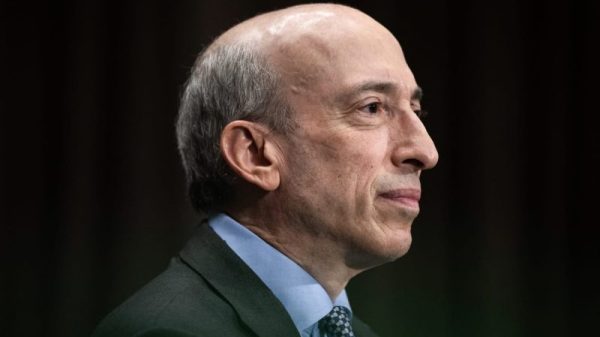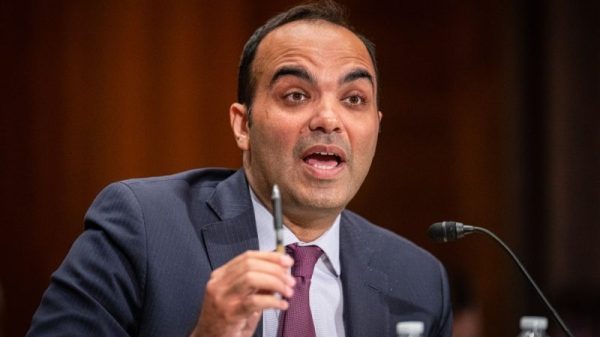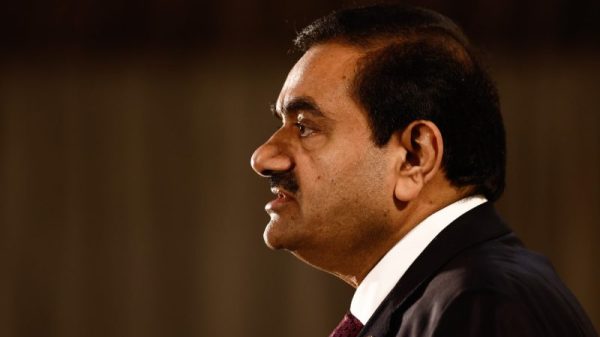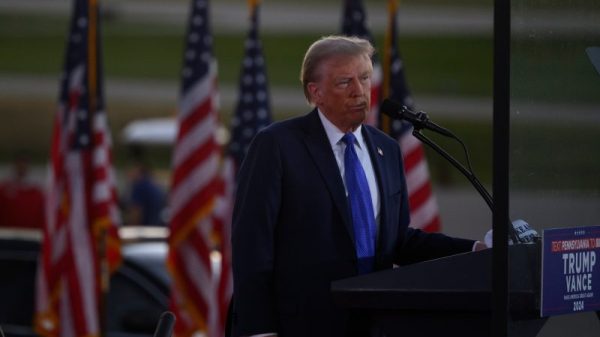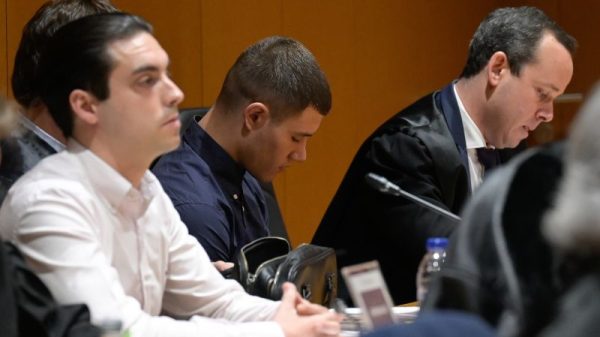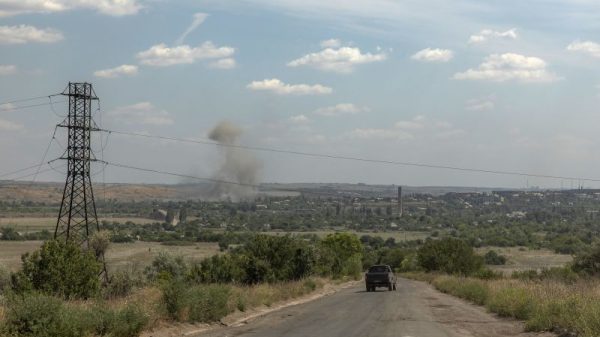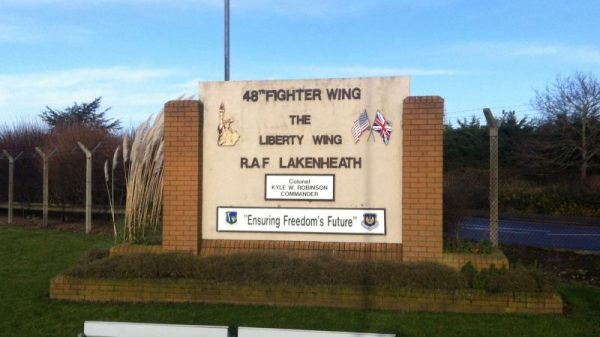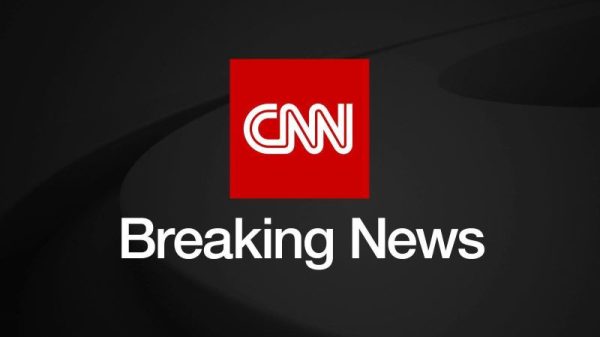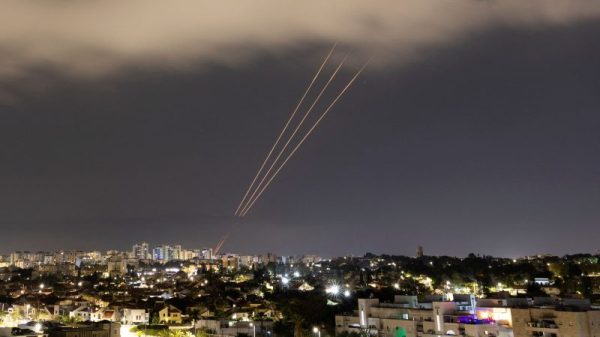Israel and Hamas are at war, after the Palestinian militant group launched surprise cross-border raids from Gaza on October 7, killing more than 1,400 people and taking hundreds of hostages.
In response, Israel has been pounding the territory with air strikes that have killed more than 7,300 people and injured 18,500 others, according to figures released by the Palestinian Ministry of Health in Ramallah drawn from sources in the Hamas-controlled enclave. Many in the already cramped and impoverished territory are in dire need of aid.
The Israeli military on Saturday said its forces had entered the enclave from the north with fighting ongoing. While a ground offensive has been widely expected following the attacks it is not yet clear any major operation aimed at seizing and holding significant amounts of the territory is yet underway.
Here’s what we know.
How did the crisis start?
Militants from Gaza fired thousands of rockets towards Israeli towns on October 7, before breaking through the heavily fortified border fence with Israel and sending militants deep into Israeli territory. There, Hamas gunmen killed more than 1,400 people, including civilians and soldiers, and took more than 200 hostages, according to Israeli authorities, in what has been described as the worst massacre of Jews since the Holocaust.
The attacks were unprecedented in tactics and scale as Israel has not faced its adversaries in street battles on its own territory since the 1948 Arab-Israeli war. It has also never faced a terror attack of this magnitude that has taken the lives of so many civilians. While Hamas has kidnapped Israelis before, it has never before taken dozens of hostages at once, including children and the elderly.
Hamas called the operation “Al-Aqsa Storm” and said that it was a response to what it described as Israeli attacks on women, the desecration of the al-Aqsa mosque in Jerusalem and the ongoing siege of Gaza.
How has Israel responded?
Following the attack, Israel declared war and launched “Operation Swords of Iron,” striking what it says are Hamas and Islamic Jihad targets in Gaza. It also blocked supply lines of basic necessities to the Gaza population, including fuel and water.
Israel says it will exact a heavy price on Hamas for its attack and has amassed more than 300,000 reservists along the Gaza border for a potential ground operation.
The IDF has told more than 1 million residents of northern Gaza to evacuate south, according to the United Nations, but some say there is nowhere safe to go, and crossings out of Gaza have been shut. Hamas has called on Gazans not to leave their homes, accusing Israel of engaging in “psychological warfare” by calling on Palestinians to evacuate to the south.
Complicating Israel’s response are the hostages that Hamas is holding. The group has claimed that a number of hostages have been killed by Israeli bombings on the enclave. Israel hasn’t confirmed or denied the claim.
Four hostages have been released by Hamas in recent days but Israeli officials have estimated that more than 200 people are still missing.
What’s the situation in Gaza now?
As the death toll from Israeli airstrikes mounts, a humanitarian crisis is rapidly spiraling amid warnings that people are at risk of starvation as Israel tightens its chokehold on the territory.
The Gaza Strip is one of most densely populated places on earth, with some 2 million people crammed in 140-square-mile territory. The enclave lies on Egypt’s western border and has been under blockade since Hamas seized control in 2007.
The Israeli air, naval and land blockade on the territory, as well as the Egyptian land blockade, continue today.
The enclave’s only power station stopped working. Hospitals are expected to run out of fuel, with the International Committee of the Red Cross warning that they “risk turning into morgues” as they lose power.
Human rights groups have warned of possible war crimes being committed in Gaza. Amnesty International has urged Israel to “immediately” lift its blockade on the enclave, saying the “collective punishment” of civilians for Hamas’ terrorism amounts to a war crime.
Since Israel shut its two crossings with Gaza, the only corridor through which Palestinians or aid can pass in and out of the territory is the Rafah crossing, which connects the south of the enclave to Egypt. A tiny trickle of aid has been allowed through but otherwise the crossing has remained shut.
What is Hamas?
Hamas is an Islamist organization with a military wing that emerged in 1987 out of the Muslim Brotherhood, a Sunni Islamist group that was founded in the late 1920s in Egypt.
The group, like most Palestinian factions and political parties, insists that Israel is an occupying power and that it is trying to liberate the Palestinian territories. It considers Israel an illegitimate state and has called for its downfall.
Unlike some other Palestinian factions, Hamas refuses to engage with Israel. In 1993, it opposed the Oslo Accords, a peace pact between Israel and the Palestine Liberation Organization (PLO) that saw the PLO give up armed resistance against Israel in return for promises of an independent Palestinian state alongside Israel. The Accords also established the Palestinian Authority (PA) in the Israeli-occupied West Bank.
Hamas presents itself as an alternative to the PA, which has recognized Israel and has engaged in multiple failed peace initiatives with it. The PA, whose credibility among Palestinians has suffered over the years, is today led by President Mahmoud Abbas.
It has over the years claimed many attacks on Israel and has been designated as a terrorist organization by the United States, the European Union and Israel.
Hamas rules Gaza, the small strip of land bordering Israel and Egypt that has changed hands several times over the past 70 years. The vast majority of its population are descendants of refugees who were either expelled or forced to flee their homes in 1948 in what is now Israel.
Another group involved is the Palestinian Islamic Jihad (PIJ), an ally to Hamas and another Muslim Brotherhood offshoot.
Considered a terrorist group by the United States, Israel and European countries, the PIJ has also conducted a number of attacks on Israel since the 1980s. It operates mainly in Israel, Gaza, and the West Bank.
While the PIJ is much smaller than Hamas, the US estimates its membership to range from 1,000 to several thousand fighters.
How did the two sides get here?
Tensions between Israelis and the Palestinians have existed since before Israel’s founding in 1948. Thousands of people on both sides have been killed and many more injured over decades.
Violence has been particularly acute this year. The number of Palestinians – militants and civilians – killed in the occupied West Bank by Israeli forces since the year began is the highest in nearly two decades. The same is true of Israelis and foreigners – most of them civilians – killed in Palestinian attacks.
Israel captured Gaza from Egypt in the 1967 war, then withdrew its troops and settlers in 2005. The territory, home to some 2 million Palestinians, fell under Hamas’ control in 2007 after a brief civil war with Fatah, a rival Palestinian faction that is the backbone of the Palestinian Authority.
After Hamas seized control, Israel and Egypt imposed a strict siege on the territory, which is ongoing. Israel also maintains an air and naval blockade on Gaza.
Human Rights Watch has called the territory an “open-air prison.” More than half of its population lives in poverty and is food insecure, and nearly 80% of its population relies on humanitarian assistance.
Hamas and Israel have fought several wars. Before the operation on October 7, the last war between the two was in 2021, which lasted for 11 days and killed at least 250 people in Gaza and 13 in Israel.
What happens next?
While Israel’s plans are unknown, it is thought to be readying a ground operation that risks both being protracted and bloody.
Israel’s defense minister has said the military is preparing for a “multilateral operation” on Hamas from the “air, ground, and sea,” with the goal of destroying the militant group.
On Friday, Israel announced it was “expanding ground operations” in the Gaza Strip. It launched what Gazans said were the heaviest airstrikes yet and entered the enclave. The scale of the operation is not yet clear.
Hamas has said that it is ready “for all options, including a war and an escalation on all levels,” including an Israeli ground operation.
Tensions are also high in the occupied West Bank, with at least 95 Palestinians killed since the October 7 attack, according to the Palestinian health ministry there.
Could this lead to a wider regional conflict?
The Hamas attack brought risks of the conflict spilling across the region, given the close ties between Hamas, Iran and Lebanon’s Hezbollah, all of whom share anti-Israel policies. US officials have warned of the risk of a wider regional conflict in the Middle East.
The impact of the conflict is already being felt elsewhere, on the Lebanese border with Israel and the occupied West Bank.
Iran-backed Hezbollah has unambiguously supported the Palestinian militants. It has sponsored rallies in support of Palestinian groups and has roundly condemned Israel’s large-scale airstrikes on Gaza.
Hezbollah, which the US and Israel consider a terrorist organization, has engaged in an exchange of fire with Israel since the Gaza war began. Those altercations have however been confined to the two countries’ border areas.
Iran, which is also believed to be backing Hamas, has denied involvement in the October 7 attack and warned Israel against targeting its allies in Lebanon.
This story has been updated with additional developments.








